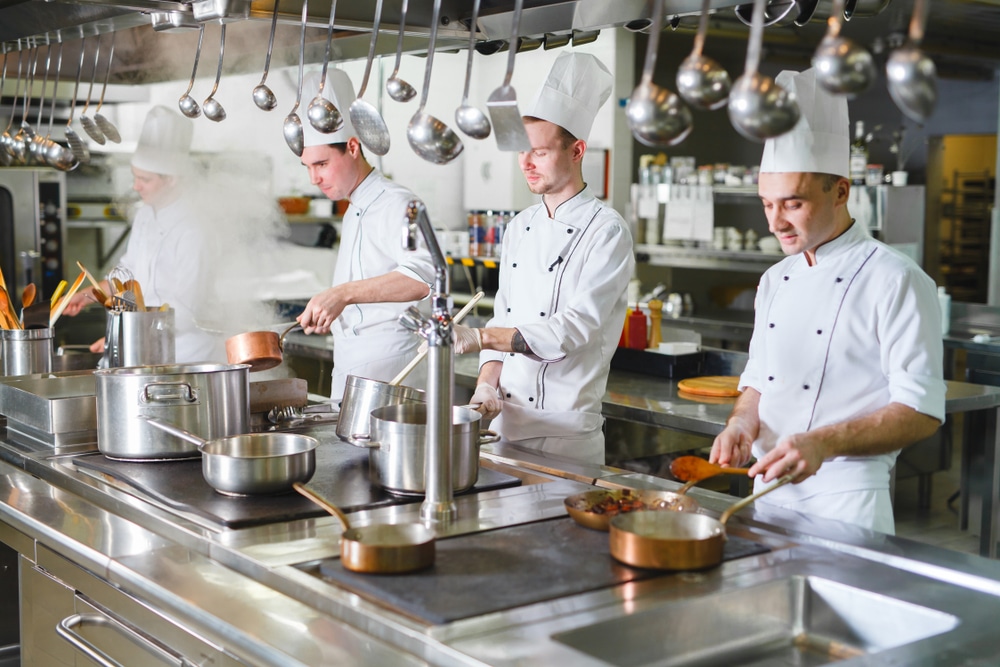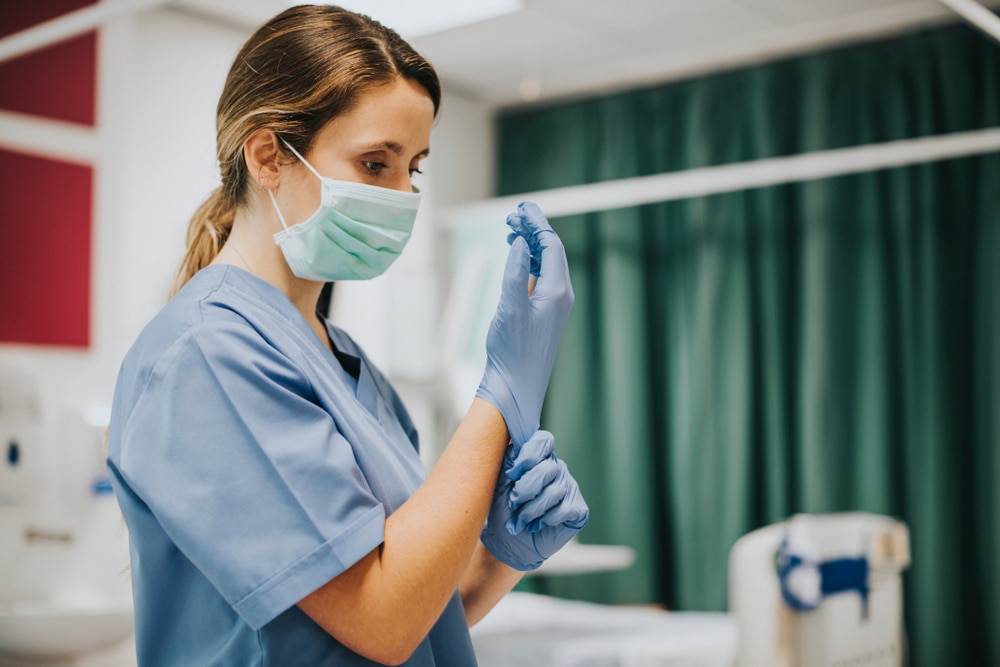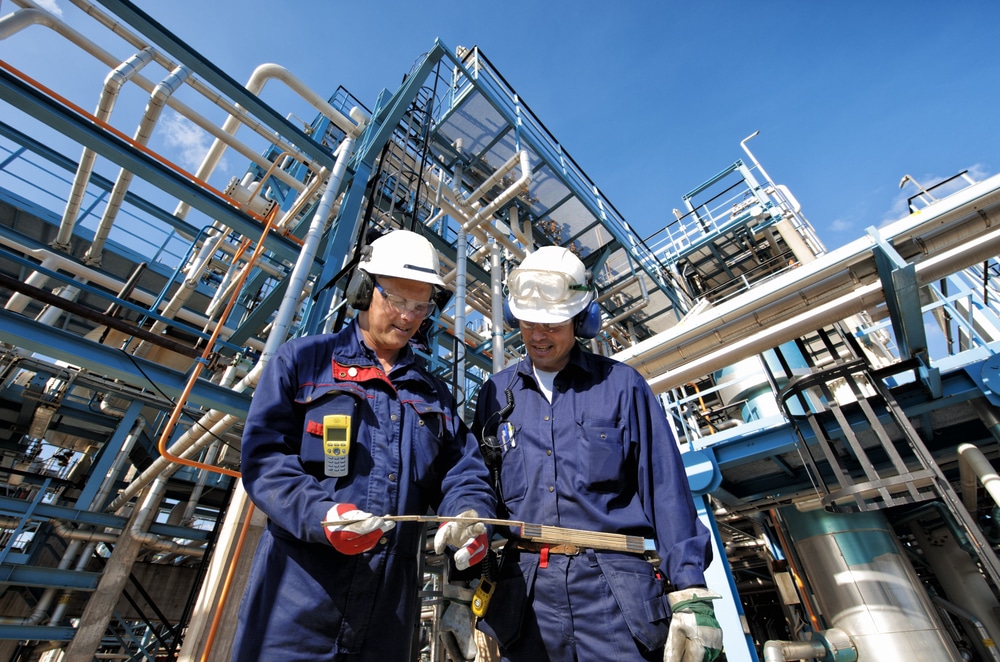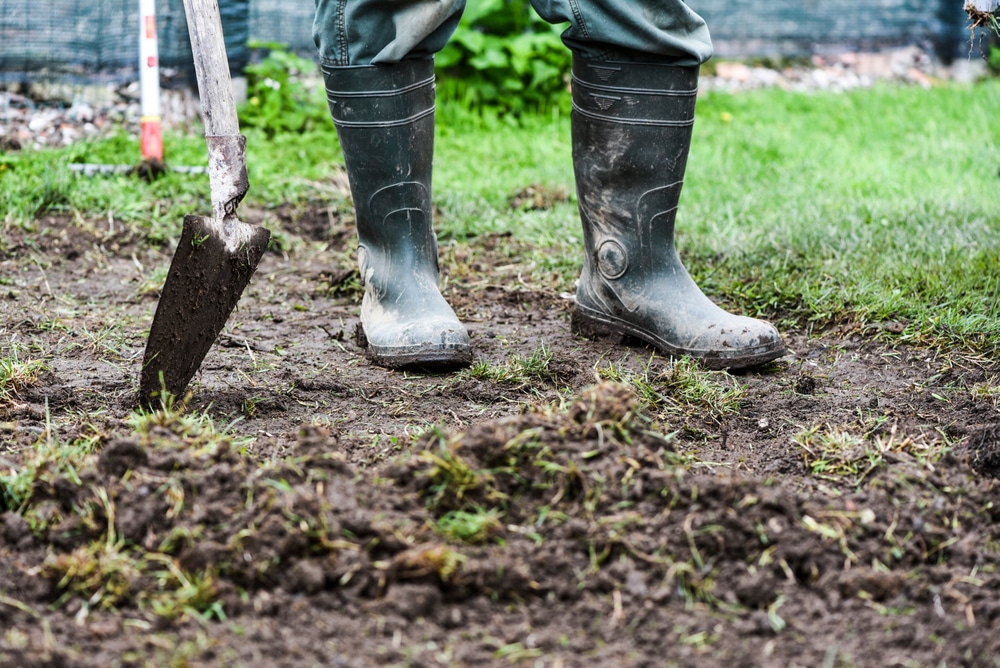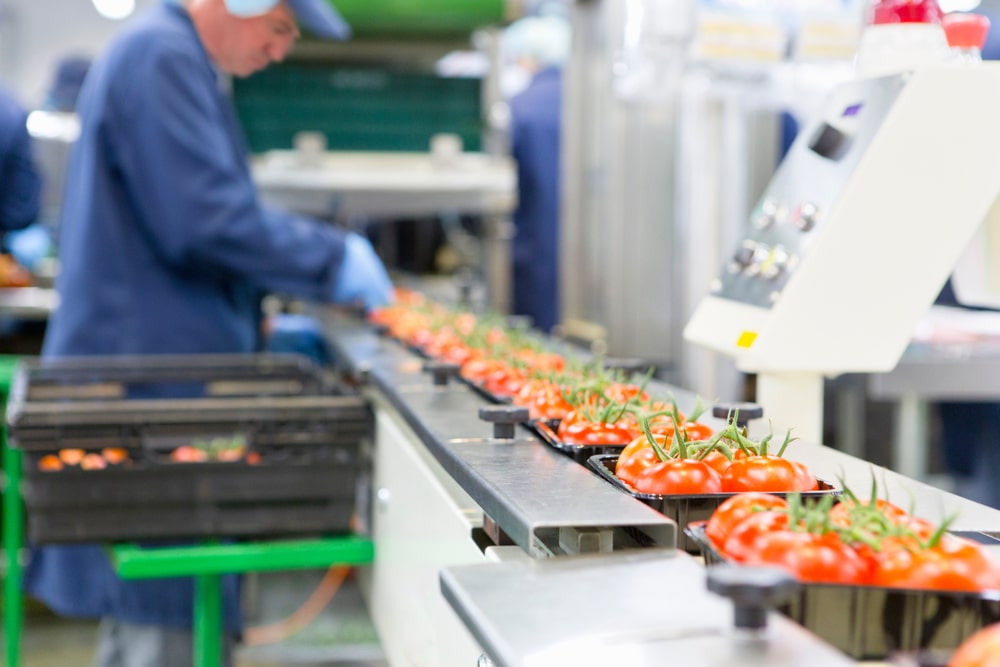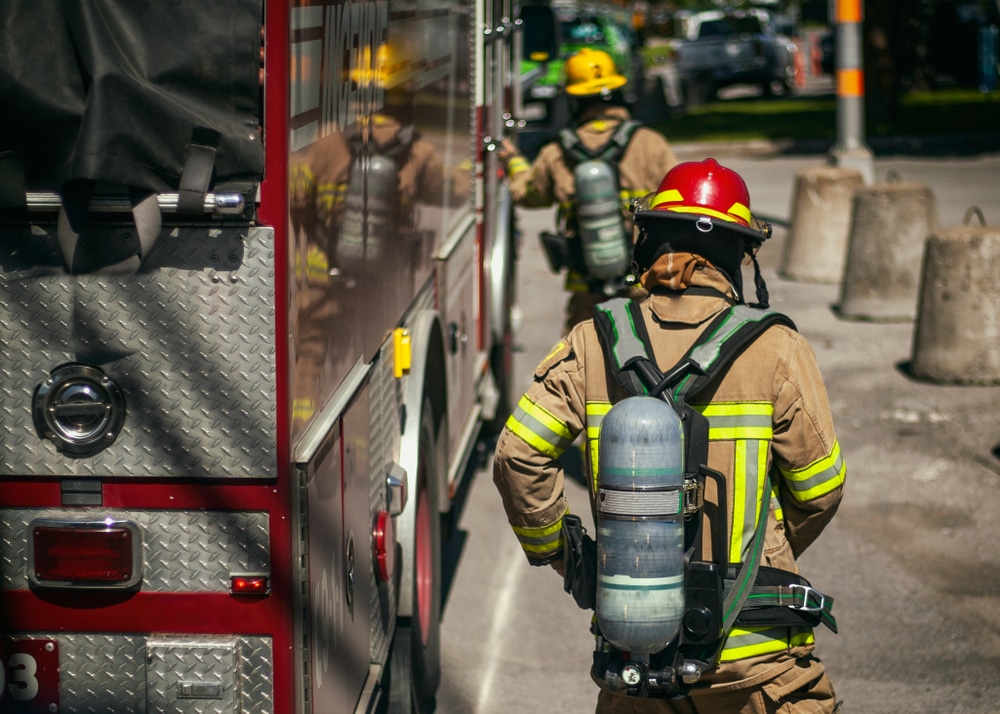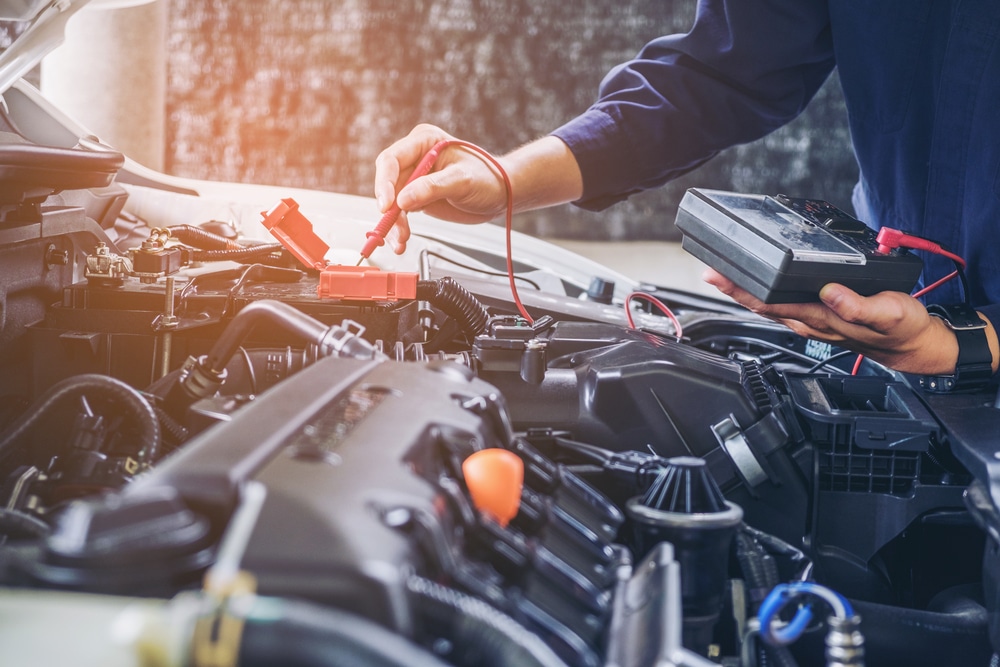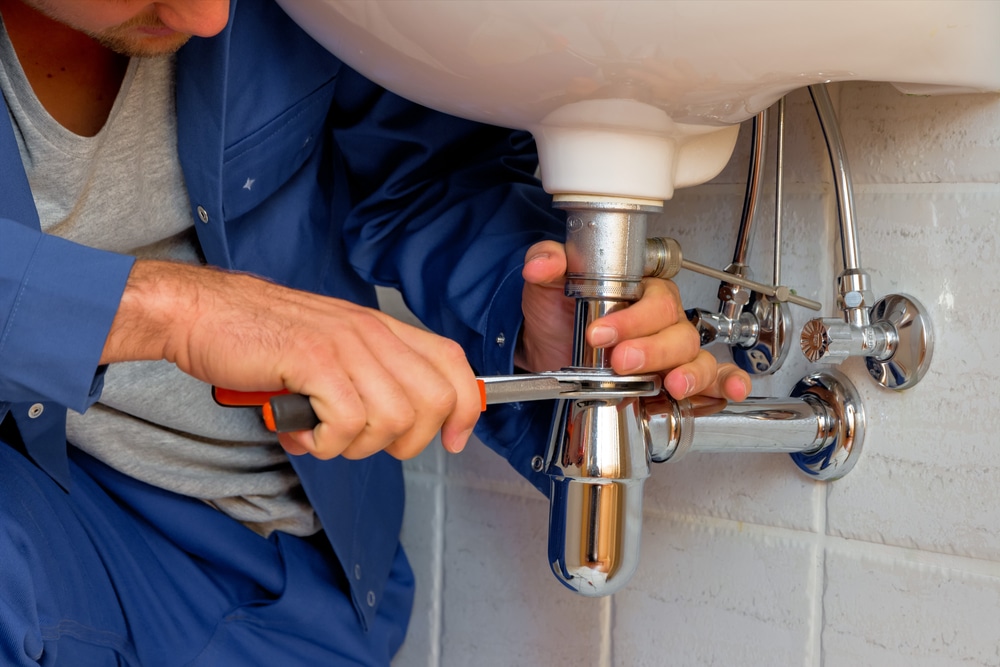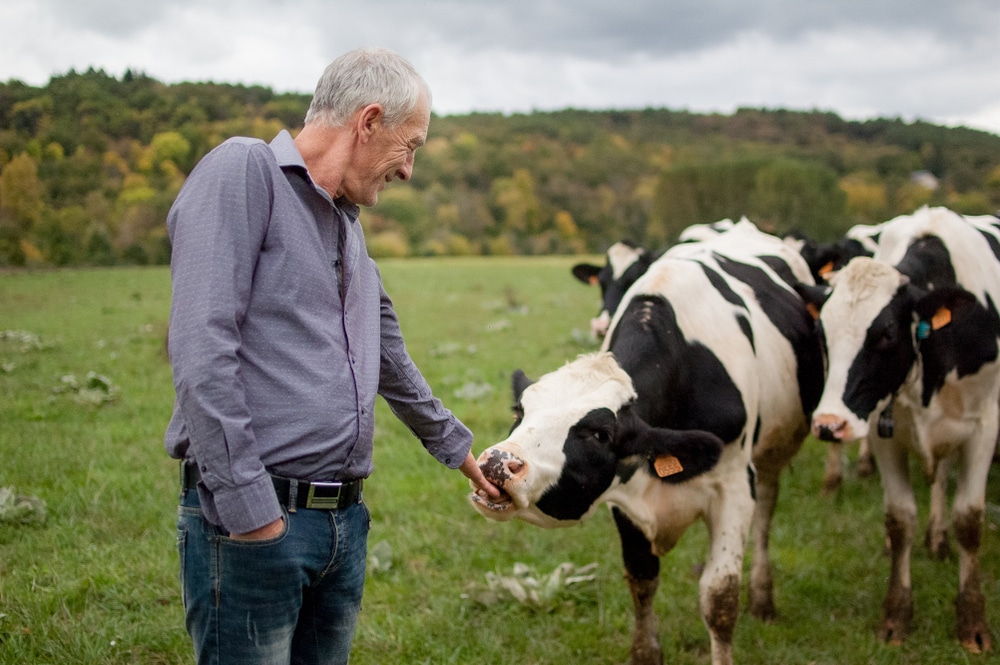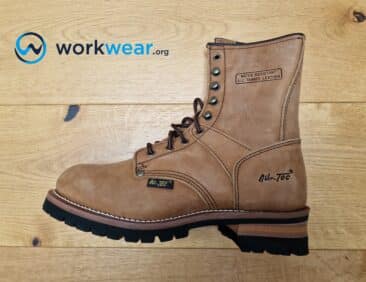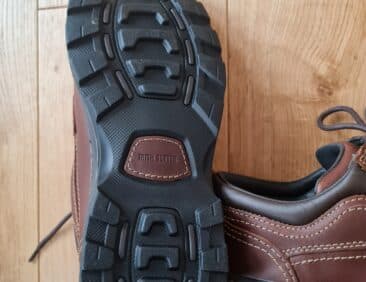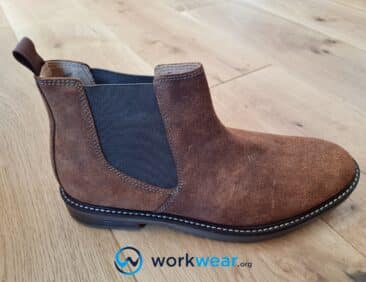Professions that Encounter Slippery Surfaces
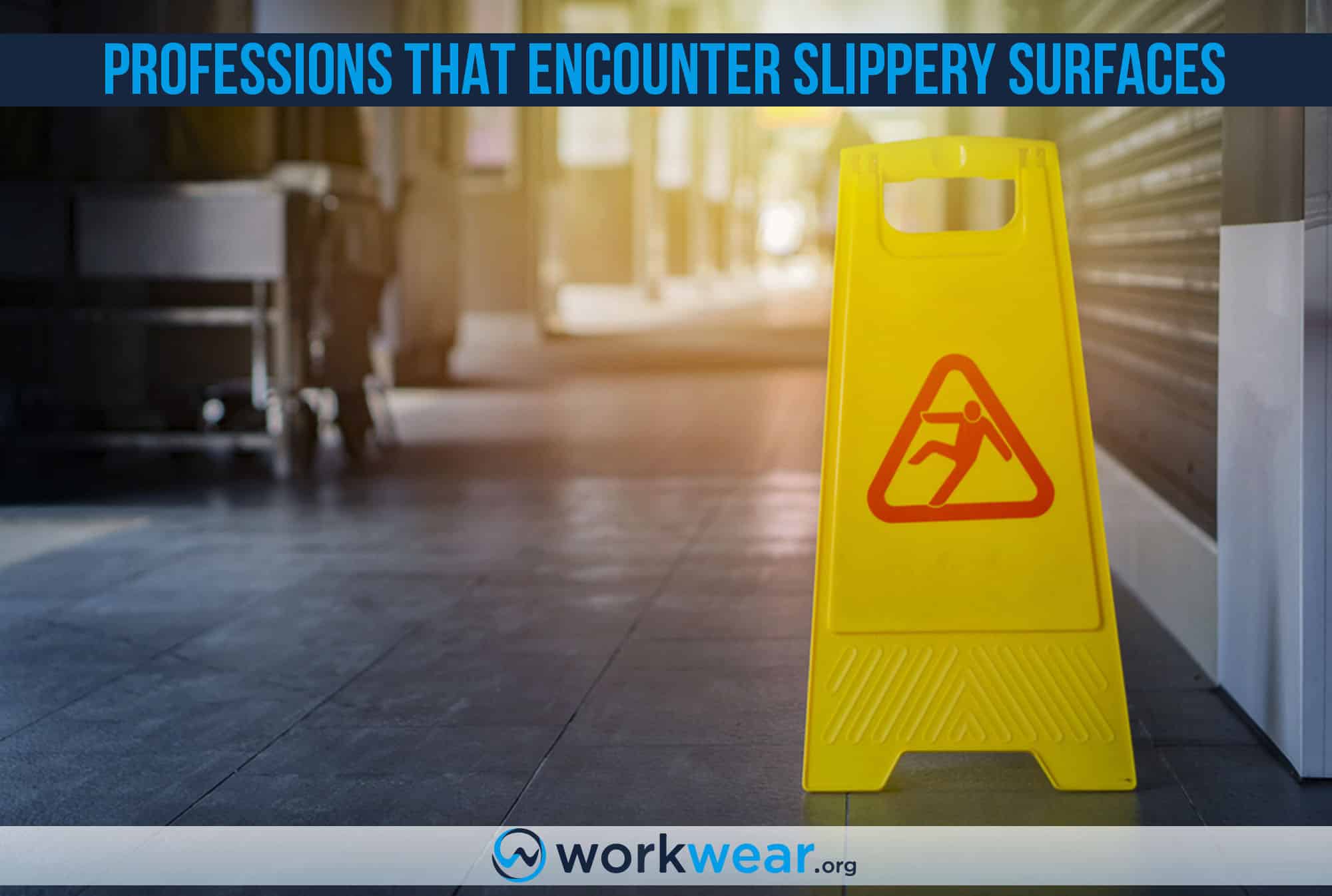
Job sites are not always the safest areas, so having the proper gear is crucial while undertaking the required tasks. Slippery surfaces are one of the leading causes of workplace falls, which can lead to injuries and missed work days.
The use of safety gear – including slip-resistant work boots and shoes – will significantly minimize the risk of slipping on tricky surfaces that may not always be avoidable for certain jobs.
In this article, we’ll look at the top professions encountering slippery surfaces and the conditions that can lead to workplace safety risks.
Conditions that Can Cause Slipping
Wet floors – floors wet with water and other liquids can increase the risk of slipping, especially when wearing footwear that doesn’t have strong slip resistance.
Greasy surfaces – work areas can get greasy when spilled with oil-based materials used for specific tasks. Motor oil, lubricants, cooked food, and raw ingredients can make floors greasy and increase slipping risks.
Freshly waxed or polished floors – floors that have just been waxed and polished are still slippery, and extra care should be taken to avoid slipping when walking on these surfaces is required.
Sloped or angled ground –sloped ground conditions can cause the feet to slip, especially when walking on these surfaces while wearing boots or shoes that don’t have strong traction.
Dry floors with powder or dust – floors can become slippery even when they’re not wet. Dry surfaces covered with a layer of powder or dust (such as that from wood shavings) can also cause slipping accidents without grippy footwear on.
Smooth metal surfaces – entirely smooth metal surfaces – such as construction plates – can be extremely tricky to walk on without slipping, especially when they become wet.
Weather hazards – workers who do their tasks outdoors risk slipping when they need to walk on the wet ground due to rain, snow, hail, or ice.
Loose/unstable ground – dry outdoor ground conditions with loose rocks can become unstable when stepped on, leading to slipping incidents.
Variable ground floor conditions – walking from one type of floor to another may increase the risk of slipping. This is especially true when the two surface conditions have different textures, which can cause unstable walking.
Professions that Encounter Slippery Surfaces
Cooks/Chefs
Kitchen floors are notoriously wet during busy food prep and cooking hours.
Spilled ingredients, splatters of cooked dishes, and cooking oil make the surfaces even slicker.
Slippery floors become even more challenging during the peak hours of operation, when cooks, chefs, and kitchen workers need to walk more quickly around the work areas. Aside from falling on the floor, slipping accidents in the kitchen can be even more dangerous because of the potential contact with an open flame (from the burners) and extremely hot or boiling items being cooked.
Working on such tricky surfaces need extra care and protective footwear for continuous safety.
Nurses
Nurses are on their feet for entire shifts (and sometimes, even for double shifts). They spend much time walking rapidly and may often be seen running to respond to critical situations. The smooth floors of hospitals and other health facilities where nurses work are smooth and may become slippery with spilled liquids, including medication and body fluids.
Nurses can also slip on floors that have just been mopped and haven’t been dried properly afterward, particularly if no warning signs indicate the slip risk.
Oil & Gas Industry Workers
Professionals in the oil & gas industry often work in tough environments where different substances can cause various risks, including slipping.
Chemicals and other liquid agents can sometimes spill by accident, making the floor slippery enough to cause accidents if the proper safety footwear (with anti-slip soles) is not used.
Some areas in oil and gas plants may have smooth metal surfaces that can get even more slippery if they become wet with spilled solutions. Transporting heavy equipment and other items can be easier with the help of ramps – but these can be tricky to walk on, especially if they get wet with water and other liquids.
Servers
Servers do their tasks not only in the service/dining area, where they tend to customers’ needs. They also spend a fair amount of time in the kitchen to get the prepared food and, sometimes, to bring the food back for requested tweaks.
Moving from one surface to another can increase the risk of unstable walking, especially without proper slip-resistant footwear.
The kitchen area is almost always wet and greasy, so there’s a risk of slipping on the floors. Meanwhile, spilled food and drinks that are not immediately cleaned up can make the dining floors slippery and difficult to walk on.
Wearing anti-slip work shoes can reduce the risk of slipping on tricky kitchen and dining room floors.
Gardeners
Watering the plants is part of a gardener’s tasks. However, the moistened soil turns into mud and can make the ground slippery, and gardeners need to work on this surface for hours to ensure that the flowers and other plants are properly taken care of.
Working in such slippery conditions is made easier with the help of slip-resistant boots that grip the ground firmly, helping maintain stability to prevent serious slipping or falling accidents.
Food Processing Plant Workers
Workers in food processing plants are constantly exposed to various food items and ingredients needed for the intended end product.
During processing, some raw materials can spill or drop on the floor, making them slippery and harder to walk on. To maintain a high level of food safety and sanitation in the processing area, the floors are constantly mopped to keep them clean – but wet floors also pose slipping risks for the workers, who often need to navigate the surfaces quickly.
Wearing slip-resistant work boots or shoes will increase safety while walking on slippery floors in food processing plants.
Firefighters
Firefighters need water to put out flames to save establishments and lives. However, the water doesn’t all go to the area where the flames are, with some spilling around firefighters’ feet.
Water puddles can form and make the site slippery, so firefighters must have work boots with sturdy, grippy soles.
In the case of fires that involve oil and other fluids spilling on the ground – such as vehicular accident sites – there’s a higher risk of slipping for workers who need to walk on wet and oily surfaces.
Auto Mechanics
Auto mechanics are exposed to various worksite hazards, including slippery surfaces. To maintain vehicles properly, mechanics will have different products in the area, such as brake fluid, transmission fluid, and cleaning solutions.
These liquids can sometimes spill and slippery the ground, making it harder for mechanics to do their jobs without slipping.
Spilled motor oil can make the floors even more slippery and difficult to navigate while maintaining a balanced gait.
Plumbers
Plumbers are exposed to slippery conditions while they’re on the job. Working on busted pipes can leave the space filled with water, so a plumber must do the repairs before the puddle can be mopped up. In addition, wet floors pose slipping hazards, which plumbers can’t avoid as they need to finish the job before clean-up.
Slip-resistant boots help plumbers maintain their steady stance while working in slippery conditions, while waterproof designs protect the feet against getting soaked in extremely wet work areas.
Delivery Personnel
The delivery personnel may need to walk on widely varying ground conditions just to be able to deliver documents and packages to recipients successfully. They may also need to do deliveries in inclement weather, which increases the chances of getting wet and encountering slippery surfaces.
Delivery personnel may also be at risk for slipping into establishments with wet floors where losing a balanced stance is easier.
Farmers
Farmers do their tasks in challenging conditions where weather variations can often occur. For example, wet outdoor surfaces can become slippery with mud or large puddles, and farmers may still need to walk over to do the job. Even in dry conditions, the ground can still become dangerous to navigate when it’s scattered with grains or feeds, making the surface slippery. Tending to animals also exposes farmers to surfaces that become slippery with water (for feeding and cleaning the animals) and waste.
Slip-resistant footwear can greatly minimize the risk of slipping for farmers who need to work on slippery ground.
Conclusion
Different jobs come with varying challenges, but the job can become even more difficult to manage when there are hazards around. Slipping accidents become greater risks for professions exposed to slippery surfaces where it’s easy to lose one’s balance. The top professions that encounter slippery surfaces include cooks/chefs, nurses, oil & gas plant workers, servers/food service staff, gardeners, food processing plant workers, firefighters, auto mechanics, plumbers, custodial workers, delivery personnel, and farmers. Slip-resistant work shoes or boots can significantly reduce the risk of slipping for these jobs, making walking and working in slippery ground conditions safer.
FAQs
- Can slip-resistant work boots work well for climbing ladders
- Yes, boots with high-traction soles work well for climbing ladders – but to ensure maximum safety, we recommend looking for grippy soles with a 90-degree angle heel. This enhancement is designed to grip ladder rungs strongly, minimizing the risk of the boot slipping while moving up and down ladders.
- Should nurses wear anti-slip work boots?
- Conventional work boots may be too heavy-duty for nurses and other healthcare professionals, who may benefit more from wearing anti-slip shoes with more low-profile designs.
- Are regular slip-resistant work boots ideal for firefighters?
- Firefighters’ boots must be much sturdier and more protective than regular slip-resistant work boots. These professionals need boots with enhanced features, including flame and heat resistance and extended coverage against water, debris, and other safety hazards while putting out fires.
- Which is better for professions that encounter slippery surfaces – rubber boots or leather boots?
- It depends on the work environment, nature of the job, and personal preference. More than the boots’ material, the soles’ slip resistance is more important when working in slippery conditions. For example, rubber boots may be preferred by gardeners and farmers who work outdoors, while leather is more suitable for food service staff who need to follow strict dress codes or uniforms. Meanwhile, nurses and health care professionals can benefit more from slip-resistant shoes with lightweight materials, such as breathable mesh in a sporty silhouette.
678+
Products Reviewed
24+ Years
Combined Experience
500+ Hrs
Field Testing
